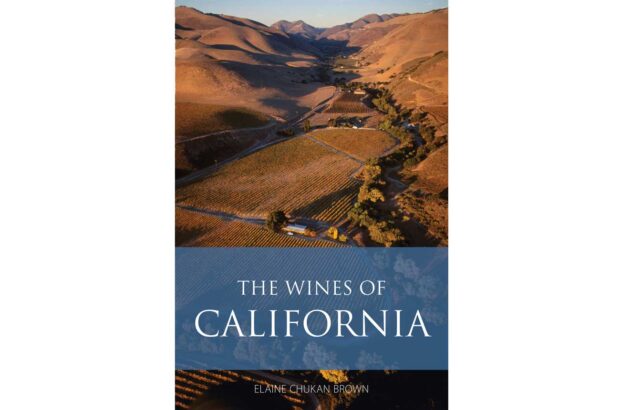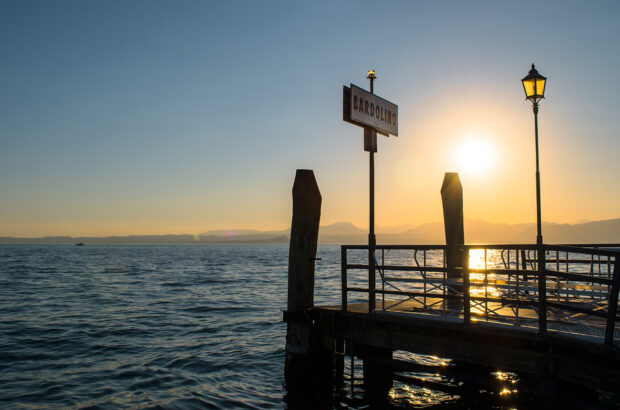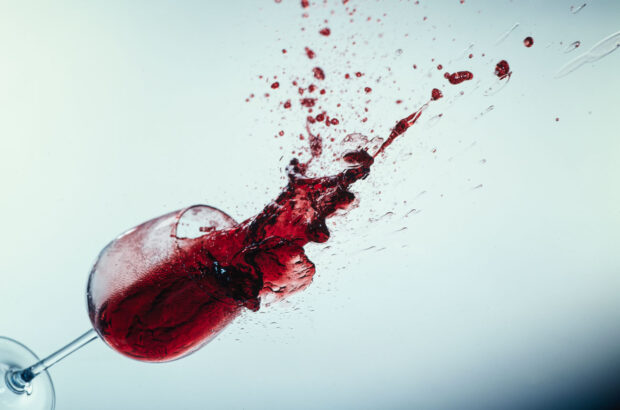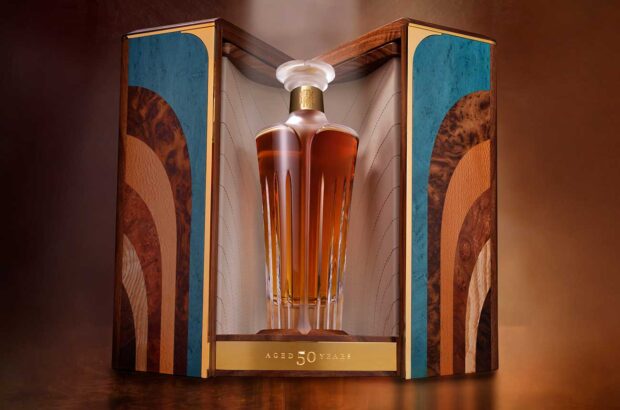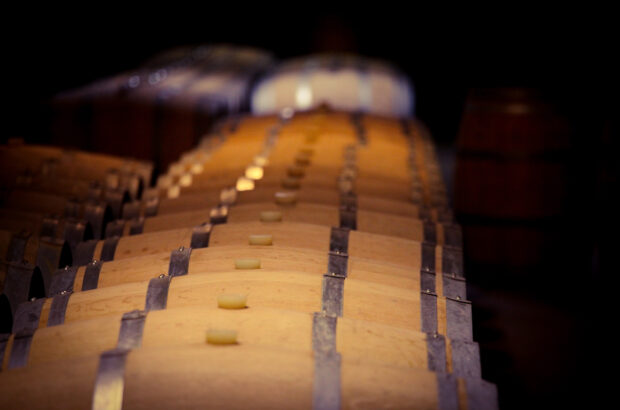Everyone knows wine undergoes complex changes with age - aromas, flavours and colours can transform to reveal a completely new character. Anne Krebiehl MW walks us through the process....
What happens as wine ages?
As an aqueous solution of alcohol, acids, phenolic and flavour compounds, wine is a complex liquid undergoing constant changes. Its different elements constantly react with each other: water, glycosides, phenolics, alcohols and acids connect and disband, break down and hydrolyse, only to reconnect all over again, at varying speeds and in varying combinations.
-
Read Anne Krebiehl MW’s feature on ageing your wine in the December issue of Decanter, on sale now. Subscribe to Decanter here.
In this respect wine is like a kaleidoscope: the same elements constantly form new and often beguiling images. At no two junctures will a wine be the same.
That certain flavours emerge and develop is nothing short of alchemy and not yet fully understood. Fresh flavours evolve to evoke dried and even candied fruits; while hints of earth and stone, honey and mushroom, petals and herb appear magically.

Credit: Patrick Grabham
Even decay can smell sweet. In red wine, importantly, phenolic compounds de-nature over time causing them to form long chains. This process of polymerisation decreases their reactive surface and makes the wine less astringent: this is why reds become smoother with age.

Credit: Patrick Grabham
Some of these phenolic chains become so large they eventually precipitate as sediment. With time, the vibrant purple and crimson hues of a red wine turn into vermilion and garnet, while the bright straw colour of white wine becomes increasingly golden and eventually amber. The passage of time thus affects the look, smell, taste and texture of wine.
More questions answered:

Primary vs tertiary wine aromas: what’s the difference?
What is the difference between primary and secondary aromas?

Does a wine bottle punt mean better quality? – Ask Decanter
Is an indented bottom desirable - in your wine bottle?

Ageing Chianti Classico wines – ask Decanter
Ian d'Agata on how well Chianti ages...

Protecting wine labels – ask Decanter
What is the best way to preserve them?

Does ‘reserve’ mean better? Ask Decanter
Does 'reserve' mean better?

Champagne fizz fading – ask Decanter
My Champagne never seems to have much fizz...

Champagne corks – ask Decanter
Why do Champagne bottles have mushroom-shaped corks..?

What is smoke taint in wine?
What does the smoke from a forest fire do to the vines....?

Removing a red wine stain – ask Decanter
How to remove a red wine stain...



